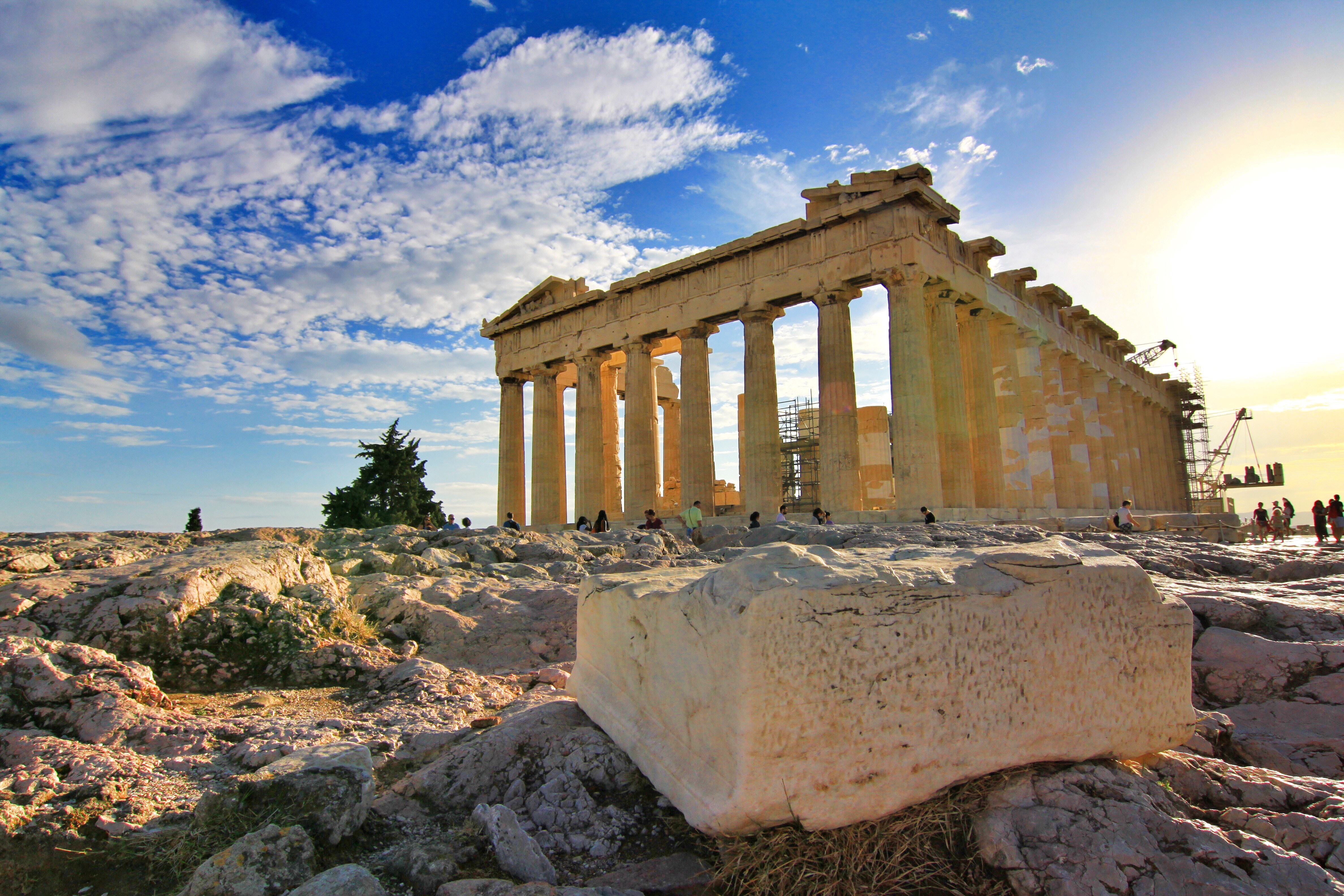James Stockdale’s plane was shot out of the air in September of 1965. After being held as a POW in Vietnam for more than seven years, Vice Admiral James Bond Stockdale credited his survival to the influence of Stoicism. Being the most senior officer captured, he was routinely subjected to especially cruel torture and denied medical attention, even enduring time in a solitary confinement cell with lights on at all times. He credits his decision-making and flexible thinking during this time to the study of Stoic resilience, writing, “But I was a changed and better man for my introduction to philosophy, and especially to Epictetus.”
In his writings on Stoicism, Stockdale recounts how he was introduced to Stoicism and recalls that Epictetus’ writings went with him on every deployment he took. He kept Epictetus’ Enchiridion and Discourses on his bedside table, along with Homer’s Iliad and Odyssey, which Epictetus frequently references. Stockdale dropped the first bombs over North Vietnam and flew over 100 missions. He went from the world of aviation, as he calls it, to “the world of Epictetus,” where he spent the next seven and a half years in a North Vietnamese prison being tortured along with hundreds of other POWs. Stockdale was subjected to rope torture more than ten times and spent over four years in solitary confinement, wearing leg stocks for two years.
Stockdale, following the example of Epictetus, reminds us the goal of Stoicism is not a good society, but a good individual. Whatever is in our power to control, we must approach with our best effort. Epictetus’ school wasn’t a place for the vanity of memorizing platitudes or the puffery of useless knowledge. No, Epictetus was emphatic about the purpose of his school, “here you practice how to die, how to be enchained, how to be racked, how to be exiled.” He observes the detachment he learned from Epictetus allowed him a “built-in flexibility” which benefited him in making decisions while in prison.
“Fear and guilt,” Stockdale writes, “are the real pincers that break men’s wills.” Having lived through such extreme conditions, one would imagine Stockdale knows firsthand what actually breaks a person’s will. In order to free oneself of those pincers, Stockdale writes, you have to get rid of your habit and desire to compromise or meet people halfway. Instead, stand apart. As Epictetus says, “Look not for any greater harm than this: destroying the trustworthy, self-respecting, well-behaved man within you.” Your own responses reveal your inner person.
After his rescue, Stockdale taught at Stanford’s Hoover Institute and wrote several books and articles about how this study of philosophy enabled him to endure the terrifying and exhausting experience. In one of his articles on Stoicism, he notes how the Roman Stoics were the ultimate warriors because Stoicism created men of great courage and moral character.
Nearly a century before Stockdale’s remarkable experience, another scholar of the Stoics echoed Epictetus’ sentiment that words must join action in order to amount to any worthwhile study. In his “The American Scholar” address, Ralph Waldo Emerson asserts the necessity for both action and study in would-be leaders. The two, commonly and wrongly thought to be opposites, are actually complementary. We study to learn how to live better, and we put those lessons into action in our lives. If we’re lucky, people write down the lessons they’ve learned so we can learn them with much less pain and time wasted. The American scholar, Emerson argues, would need to embody the unique American spirit, equally eager to explore new terrain as to re-examine the passed down fables and expectations passed down from previous societies. We study the past in order to build a brighter future. Stockdale fits this lofty description of possessing both intellectual knowledge and taking resilient action throughout his life.
Vice Admiral Stockdale embodies what a true, lifelong education can be. His study of Epictetus developed his ability to think creatively and flexibly during his more than seven years as a POW in Vietnam. He was tortured and spent more than four years in solitary confinement. He endured more cruelty in those few years than most of us can even fathom. Yet, he emerged not only sane, but with the ability to think well and creatively and share his perspective with others. He had adopted the mindset of the Stoic teacher himself; that nothing good nor bad can be done to you without your deciding it to be good or bad. Events happen, and are neither good nor bad; it’s our judgment of those events which then determine our satisfaction with them. Stockdale’s stoic resilience kept him alive through years of horrific circumstances. How we educate and prepare for difficulties in our own lives will determine how valuable our philosophy truly is.




